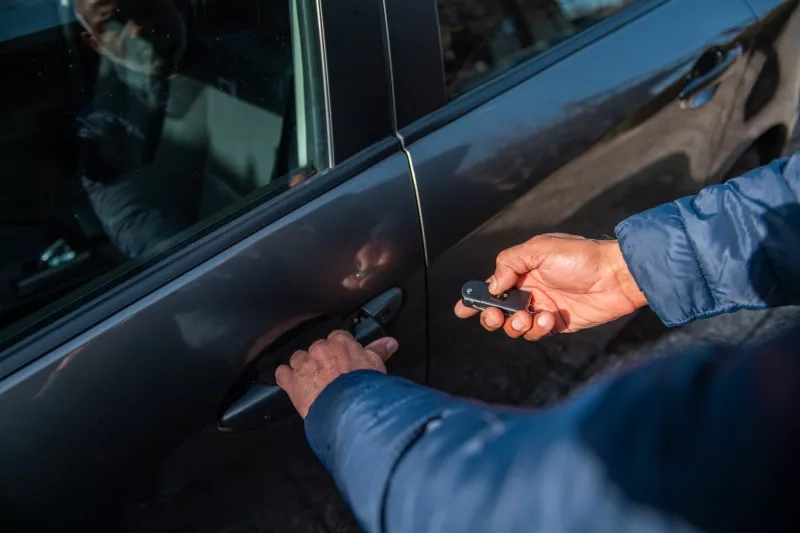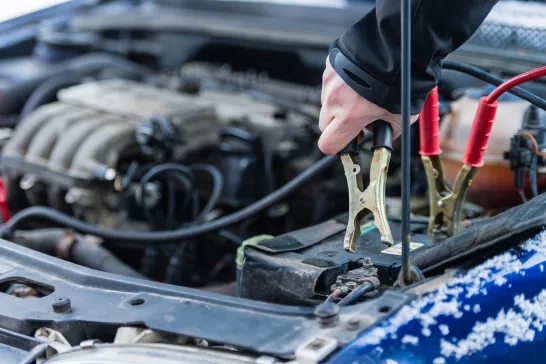
Is your key fob killing your car battery?
2 Minute Read
Summary
- Key fobs left near vehicles cause continuous communication, leading to accelerated car battery drain.
- Regular battery maintenance and proper storage improve resistance to parasitic drains and extend lifespan.
- Store key fobs at least 4.5 meters away to prevent unnecessary battery depletion and starting issues.
Though they may not look like much, key fobs utilize fairly sophisticated radio technology. Within the plastic shell of the keychain controller lies a tiny circuit board with a radio transmitter and control chip, which sends a code and a command to the receiver in the car. This communication continues as long as the fob is in, or near, the car in order to perform helpful tasks like locking and unlocking the doors, opening and closing the trunk, starting the car remotely, or even activating the car alarm when you just can’t remember where you parked. In some vehicles, you never even have to touch the key fob: you can simply tap your door to unlock it if the transmitter is within range!
Fobs are convenient and elevate a vehicle’s security, but they can also drain a car battery’s charge at an accelerated rate when the activating key fob is kept nearby or inside a vehicle. Under such circumstances, the transmitter and receiver continue to communicate with the vehicle.
Advanced vehicle features are here to stay. So it comes as no surprise that modern vehicles, with their advanced onboard technology packages, are putting whopping demands on the average automotive battery. There is no denying that today’s cars and trucks feature more advanced technology.
Keep your distance
Don’t let this convenient gadget turn into a curse. If you park your vehicle in a secure area, like an enclosed garage, it can be tempting to leave your key fob in the car or hanging nearby. Fight the urge and store it at least 4.5 metres away from your car. When a fob is stowed near or inside the vehicle, the transmitter and receiver continue to communicate with your car. This can cause your car battery to drain at an accelerated rate, leaving you with the dreaded click-click-click sound of a vehicle that won’t start.
Make sure your car battery is healthy
Preventive maintenance helps ensure you don’t find yourself with a car that won’t start at the most inconvenient of times, like when you’re miles away from home or running late for work. A lead car battery usually lasts for three to five years, depending on a variety of factors. Extreme heat or cold, harsh wear and tear, short, infrequent drives, and age all affect its lifespan.
A healthy car battery is more resistant to parasitic drains like a key fob that is “chatting” with your car. If you are unable to frequently drive your vehicle, a Battery Tender is a great tool for long-term storage and battery maintenance that brings your battery back to full power without overcharging it.
Did you know CAA’s Mobile Battery Service technician will come right to your home to test your battery, free of charge? Book your battery inspection appointment here




